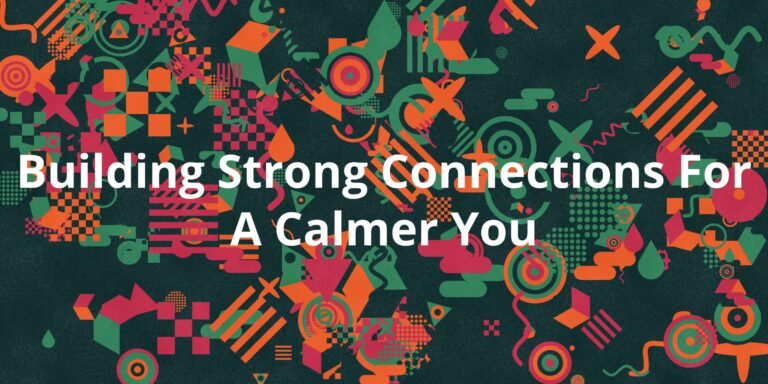Relationships are an essential part of our lives, and they have a significant impact on our well-being and happiness. Whether it’s a romantic relationship, a friendship, or a family bond, strong relationships can provide us with emotional support, a sense of belonging, and a sense of purpose. However, building and maintaining strong relationships is not always easy. It requires effort, understanding, and the ability to navigate complex emotions and communication patterns. In this article, we will explore the concept of relationship mastery and how psychology can help us build stronger connections with others.
What is Relationship Mastery?
Relationship mastery is the ability to understand and navigate relationships effectively. It involves developing skills in communication, empathy, conflict resolution, and emotional regulation. Relationship mastery also requires a willingness to be vulnerable, open-minded, and non-judgmental. By cultivating these skills, individuals can build stronger, more meaningful connections with others and improve their overall well-being.
The Science Behind Strong Relationships
Psychology provides us with a wealth of information about the science behind strong relationships. Research has shown that strong relationships are characterized by several key features, including:
1. Trust: Trust is the foundation of any strong relationship. When individuals trust each other, they feel safe and secure in their connection.
2. Communication: Effective communication is essential for building and maintaining strong relationships. It involves active listening, expressing oneself clearly and respectfully, and being open to feedback and criticism.
3. Empathy: Empathy is the ability to understand and share the feelings of others. It allows individuals to connect on a deeper level with their partners and build stronger emotional bonds.
4. Conflict resolution: Conflict is inevitable in any relationship, but how it is resolved can have a significant impact on the strength of the connection. Effective conflict resolution involves identifying the root cause of the conflict, finding common ground, and working together to find a solution that meets both parties’ needs.
5. Emotional regulation: Emotions play a crucial role in relationships, and individuals who can regulate their emotions effectively are better equipped to navigate complex emotional situations.
How Psychology Can Help Build Stronger Relationships
Psychology provides us with several tools and techniques that can help build stronger relationships. Here are some ways psychology can help:
1. Cognitive-behavioral therapy (CBT): CBT is a type of therapy that helps individuals identify and change negative thought patterns and behaviors. In the context of relationships, CBT can help individuals develop more positive attitudes towards their partners, improve communication skills, and resolve conflicts more effectively.
2. Attachment theory: Attachment theory is a field of psychology that studies how individuals form and maintain relationships. By understanding their own attachment style and their partner’s attachment style, individuals can build stronger emotional connections with their partners.
3. Emotion regulation techniques: Emotion regulation techniques, such as mindfulness meditation and deep breathing exercises, can help individuals regulate their emotions effectively and respond to emotional situations in a more constructive way.
4. Communication skills training: Communication skills training can help individuals develop active listening skills, express themselves clearly and respectfully, and be open to feedback and criticism.
5. Conflict resolution strategies: Conflict resolution strategies, such as collaborative problem-solving and active listening, can help individuals resolve conflicts more effectively and build stronger relationships.
Conclusion
Relationship mastery is a critical skill for building strong, meaningful connections with others. Psychology provides us with a wealth of information about the science behind strong relationships and several tools and techniques to help us cultivate these skills. By understanding the key features of strong relationships, developing effective communication skills, practicing empathy, resolving conflicts effectively, and regulating emotions, individuals can build stronger, more fulfilling relationships and improve their overall well-being.

